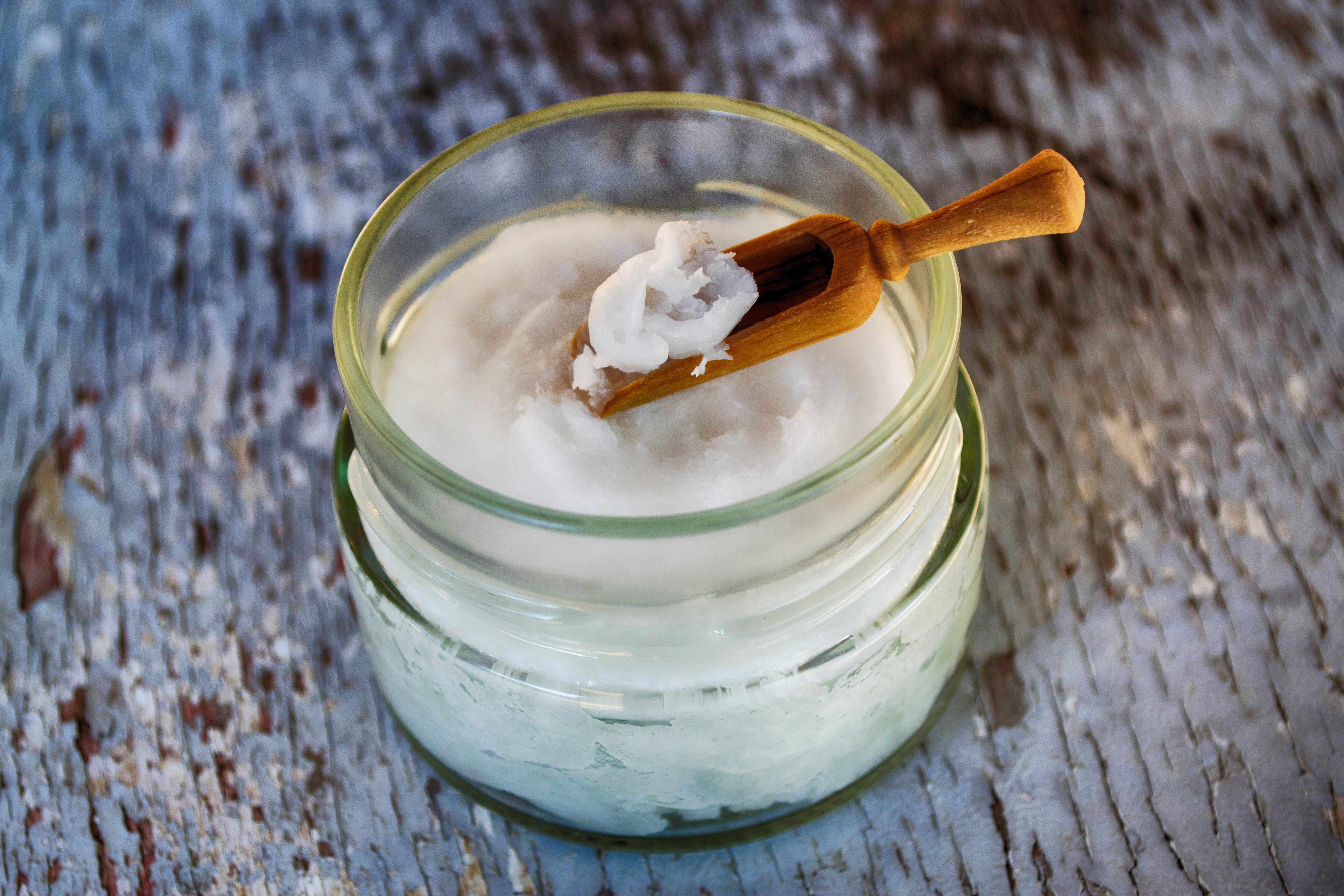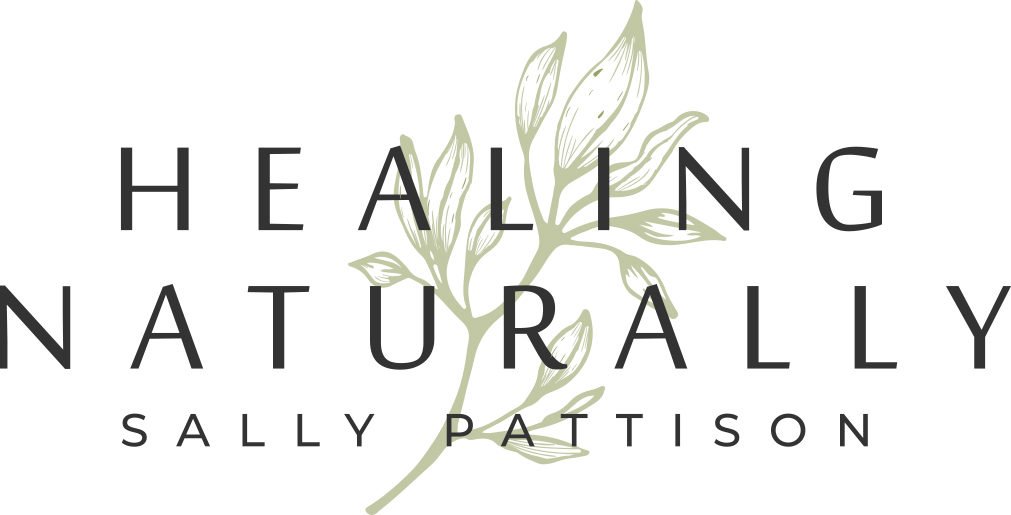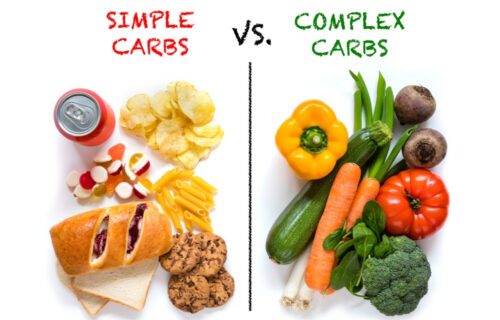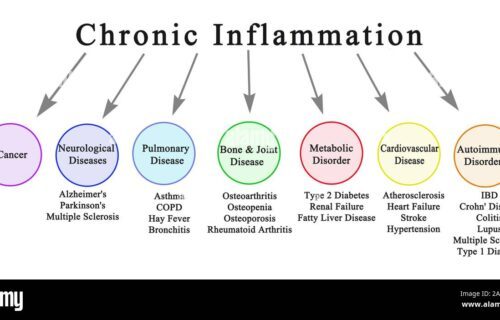
Oil Pulling
What is Oil Pulling?
Oil pulling, also known as “kavala” or “gundusha,” is an ancient Ayurvedic dental technique that involves swishing a tablespoon of oil in your mouth on an empty stomach for around 20 minutes. This action supposedly draws out toxins in your body, primarily to improve oral health but also to improve your overall health.
It is said that oil pulling benefits include:
- Removing bacteria
- Promote oral hygiene.
- Kill bacteria in the mouth.
- Helps by moisturizing your gums and increasing saliva production, which can reduce bacteria.
- Some types of oil also contain properties that can naturally reduce inflammation and bacteria to promote oral health.
Looking a little deeper…
Kills Harmful Bacteria in Your Mouth
There are approximately 700 types of bacteria that can live in your mouth, and up to 350 of them may be found in your mouth at any given time.
Certain types of harmful bacteria can contribute to problems like tooth decay, bad breath and gum disease.
Several studies have shown that oil pulling could help reduce the number of harmful bacteria in the mouth.
Could Help Reduce Bad Breath
Halitosis, also known as bad breath, is a condition that affects an estimated 50% of the population.
There are many potential causes of bad breath.
Some of the most common include infection, gum disease, poor oral hygiene and tongue coating, which is when bacteria become trapped on the tongue.
Treatment typically includes the removal of the bacteria, either through brushing or by using an antiseptic mouthwash like chlorhexidine. Interestingly, one study found that oil pulling was as effective as chlorhexidine at reducing bad breath.
May Help Prevent Cavities
Cavities are a common problem that stems from tooth decay.
Poor oral hygiene, eating too much sugar and a build-up of bacteria can all cause tooth decay, which leads to the formation of holes in the teeth known as cavities.
Plaque can also cause cavities. Plaque forms a coating on teeth and is comprised of bacteria, saliva and food particles. The bacteria begin to break down the food particles, forming an acid that destroys tooth enamel and causes tooth decay.
Several studies have found that oil pulling can help reduce the number of bacteria in the mouth, preventing tooth decay.
Reduce Inflammation and Improve Gum Health
Gingivitis is a type of gum disease marked by red, swollen gums that bleed easily.
The bacteria found in plaque are a major cause of gingivitis, as they can cause bleeding and inflammation in the gums.
Fortunately, oil pulling may be an effective remedy to improve gum health and reduce inflammation.
It works primarily by decreasing the harmful bacteria and plaque in the mouth that contribute to gum disease, such as Streptococcus mutans.
Using certain oils with anti-inflammatory properties like coconut oil may also aid by reducing the inflammation associated with gum disease.
Cheap and Easy to Add to Your Routine
Two of the biggest benefits to oil pulling are how simple it is to do and how easily it can be incorporated into your daily regimen.
Additionally, it requires just one ingredient that can be found right in your kitchen, so there’s no need to buy anything.
Traditionally, sesame oil has been used for oil pulling, but other types of oil can be used as well.
For example, coconut oil possesses strong anti-inflammatory and antibacterial properties that can be especially useful for oil pulling. Olive oil is another popular choice thanks to its ability to fight inflammation.
To get started, set aside just 10-20 minutes each day for oil pulling and use the extra time to multitask around home, all while improving your oral hygiene.
How to Do Oil Pulling in 4 Simple Steps
Oil pulling is easy to do and involves just a few simple steps.
- Measure one tablespoon of oil, such as coconut, sesame or olive oil.
- Swish it around in your mouth for 10–20 minutes, being careful not to swallow any.
- Spit the oil into garden once you’re done. Avoid spitting it into the sink or toilet, as this can cause a build-up of oil, which may lead to clogging.
- Rinse your mouth well using water before eating or drinking anything.
Repeat these steps a few times per week or daily. You may also want to work your way up, starting with swishing for just 5 minutes and increasing the duration until you’re able to do it for a full 15–20 minutes.
For best results, most recommend doing this first thing in the morning on an empty stomach.
Prevention is better than cure!




